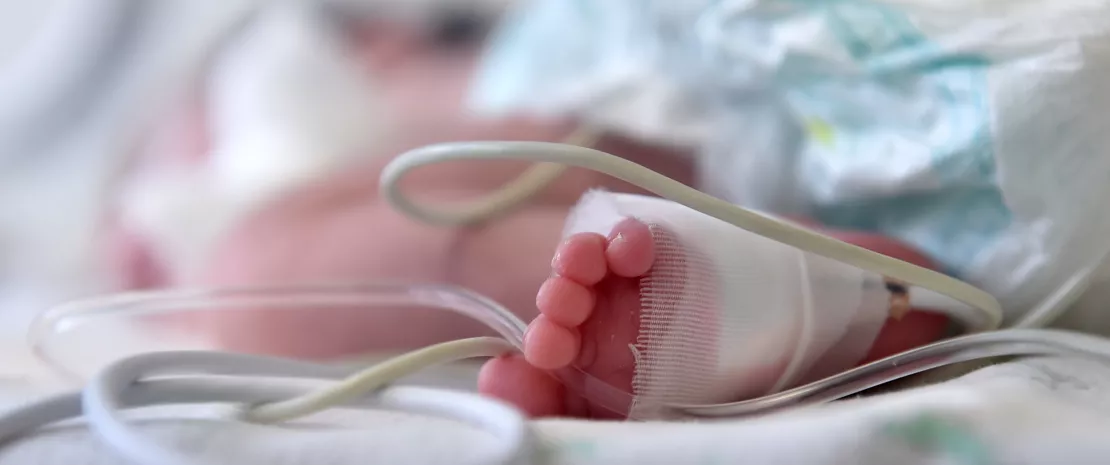The vaginal microbiota as a predictor of the risk of premature delivery
The bacterial composition of the vaginal microbiota could be correlated to the risk of premature delivery. In this respect, women of African descent seem to be more at risk. The search for specific biomarkers could allow us to better anticipate and prevent such incidents.
Lay public section
Find here your dedicated section
Sources
This article is based on scientific information

About this article
With around 15 million cases a year and a global incidence above 10%, preterm birth, i.e. before 37 weeks of amenorrhea (WA), is a public health issue and the second cause of neonatal mortality in the world. Environmental factors, especially the vaginal microbiota, could play an important role in preterm delivery: homogeneous bacterial vaginal composition, with a predominance of Lactobacillus, seems to be associated to a reduced risk of prematurity, while high diversity seems to be associated to an increased risk.
Risk signature
An American team tried to delve deeper into this issue by analyzing the vaginal microbiota of 45 women (mainly of African descent) who had preterm births (<32 WA) and comparing it to that of 90 women (of various ethnicities) who had full-term pregnancies (≥37 WA). The data obtained in this study together with the data from a large American database (12,000 samples) confirmed their hypothesis: greater diversity in vaginal bacteria as well as lower content in Lactobacillus crispatus associated to an overabundance of some bacteria (BVAB1, Sneathia amnii, and Prevotella cluster 2) are related to a higher risk of preterm birth. In these same patients, samples collected early on (between 6 and 24 WA) also brought to light the increased presence of Megasphaera type 1 and TM7 H1 taxa, that are already well known for being associated to a poor vaginal health.
Improving detection
A model predicting the risk of preterm birth was thus developed based on the presence of BVAB1, Sneathia amnii, and Prevotella cluster 2 at the beginning of the pregnancy (< 24 WA). The role of these bacteria still needs to be clarified, but they could be responsible for the increase of some proinflammatory cytokines that can potentially trigger labor prematurely. Although the microbial signature is found mainly in women of African descent involved in the study, additional work needs to be completed to generalize the link between vaginal flora and preterm birth. When associated to clinical data and potential genetic factors, bacterial, metabolic and immunological biomarkers could help the early detection of the risk of preterm birth and improve the management of high-risk pregnancies.









